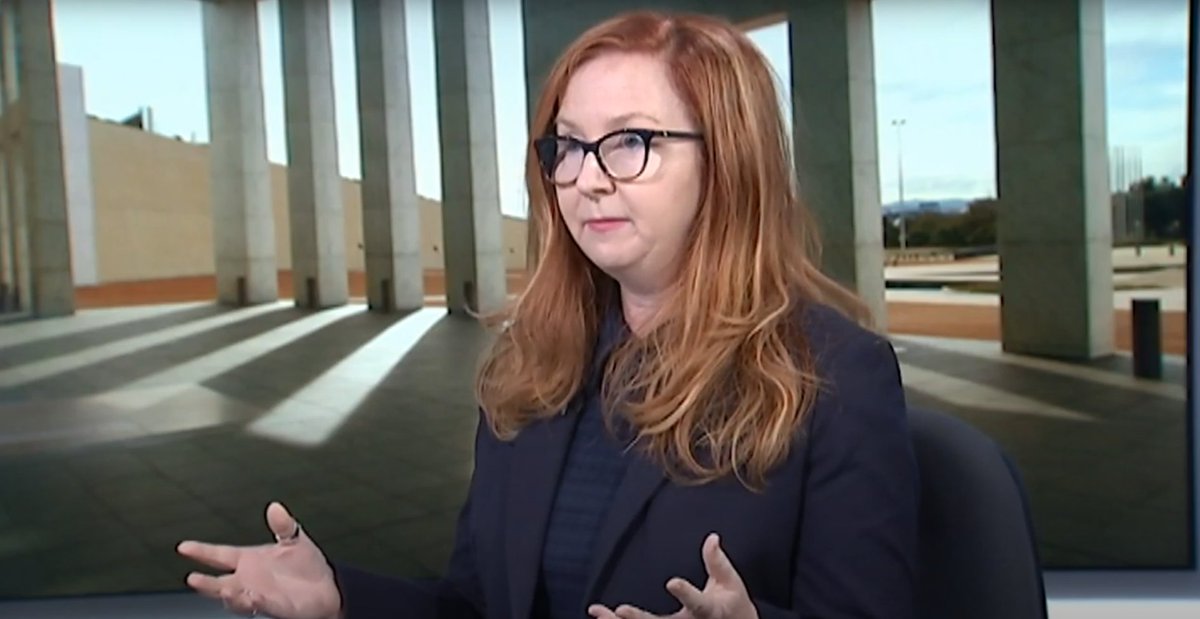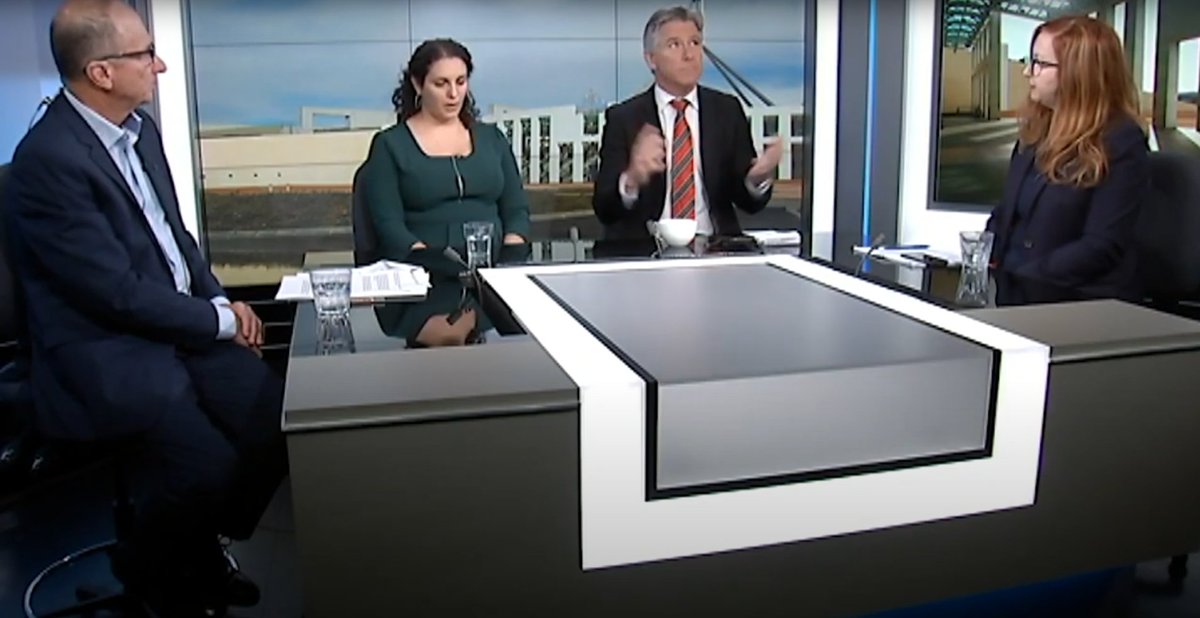What is constructive journalism and why do we need it?
24 hour live panels and talks from Aarhus University in @ConstruciveIn conference on #constrctivejournalism - building conversations and solutions.
https://constructiveinstitute.org/now-what/global-constructive-journalism-conference/
24 hour live panels and talks from Aarhus University in @ConstruciveIn conference on #constrctivejournalism - building conversations and solutions.
https://constructiveinstitute.org/now-what/global-constructive-journalism-conference/
Feeling privileged to listen to @UlrikHaagerup on constructive journalism. Journalists are "the navigation system of society"
Huge thanks to @ConstructiveIn @JunctionJournos @JERAAus and @swinjournalism for your support!
Huge thanks to @ConstructiveIn @JunctionJournos @JERAAus and @swinjournalism for your support!
"Values driven, constructive journalism uses different methods."
"Constructive journalism stands on the shoulders of investigative journalism, not just how to create angles and reveal conflicts, but also to find tools to heal division."
"Constructive journalism stands on the shoulders of investigative journalism, not just how to create angles and reveal conflicts, but also to find tools to heal division."
Panel with Nico Drok
#Constructivejournalism is about goals - not just the old news values of conflict and drama - It is about “a mindset not a toolset” and should be taught early.
#Constructivejournalism is about goals - not just the old news values of conflict and drama - It is about “a mindset not a toolset” and should be taught early.
Reporting and journalism on local issues allows for more nuance in coverage and in doing so, can shine light on the solutions and constructive elements of any particular issue.
Constructive journalism is not just a tool, it can also be a mindset that journalists abide by.
Constructive journalism is not just a tool, it can also be a mindset that journalists abide by.
Jodie Jackson, author of “You Are What You Read” has researched the “barrage of negativity” at Masters level.
She has learned how news is produced and has followed a "media diet" accordingly. If you offer solutions, the problems do not become the end of a news story.
She has learned how news is produced and has followed a "media diet" accordingly. If you offer solutions, the problems do not become the end of a news story.
Should we be covering climate change as a drama and a series of conflicts? How do we present such a critical and defining issue? How do we mobilise action?
Anote Tong, former President of Kiribati says climate change is the “greatest moral change facing humanity”. The Pacific will suffer even if all emissions stopped today. Journalism should present climate change as fact based truth as a long term issue of survival.
On climate change, this is a defining moment for journalism. Coverage could include:
- Not to work on the fear, but to be very clear on the facts
- Trying to create dialogues
- Putting in the time for good explainers
- Not to work on the fear, but to be very clear on the facts
- Trying to create dialogues
- Putting in the time for good explainers
From Katharine Murphy, on Australian politics, even though politics is built around conflict we have seen "this escalation of conflict for its own sake" where hyper-partisanship is "its own currency." #constructivejournalism
"It's an adversarial system ... what mostly becomes a system of argument" where they are rewarded for "embarrassing and exposing an opponent to get a point through"
"Are we a symptom or are we the cause?"
"Are we a symptom or are we the cause?"
Shalailah Medhora says that Hawke and Keating "were ruthless, but they ultimately found something that everyone in Parliament could work on”, compared to the present political partisanship that has resulted in "mistrust" and lack of effective compromises.
"Our business has been profoundly disrupted," says Katharine Murphy, "[we] have literally been upended in a short space of time journalism is a vocation, not a job"
"Very complex", "profound" changes have happened with the advent of the internet."
"Very complex", "profound" changes have happened with the advent of the internet."
Murphy says "the internet has removed what we used to call 'voice of god' narration objectivity in journalism" and that it has "forced mainstream media companies to chase paying audiences and subscribers and revenue models."
Technology "has herded the world into tribes"
Technology "has herded the world into tribes"

 Read on Twitter
Read on Twitter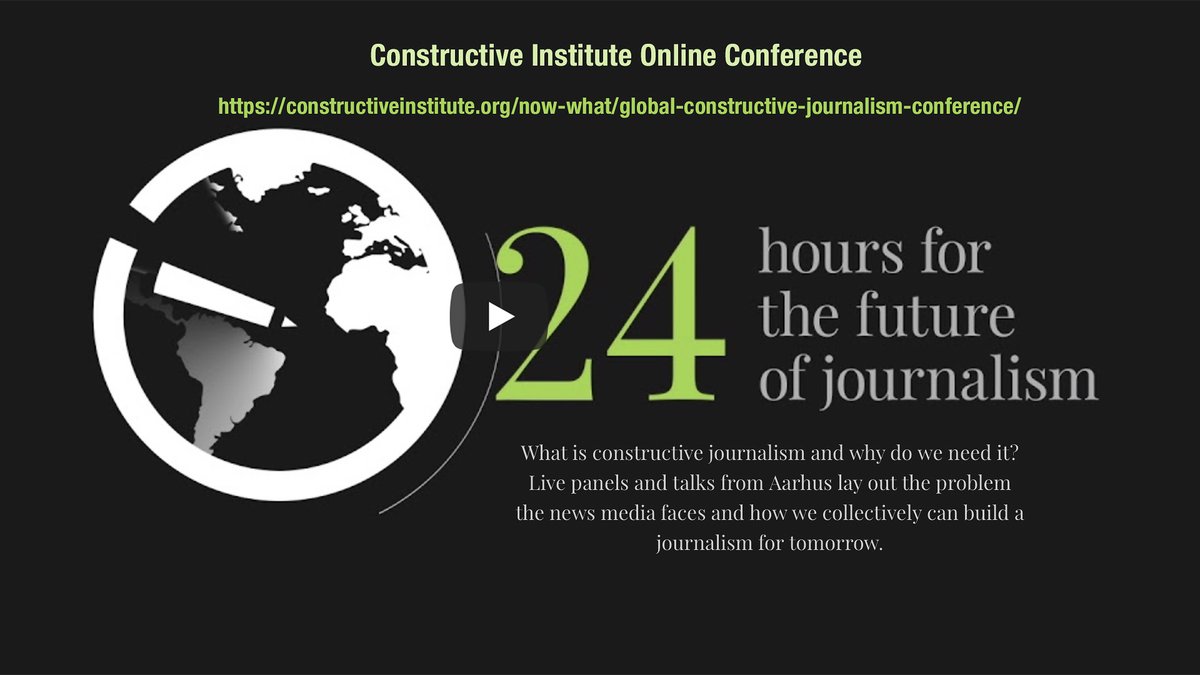
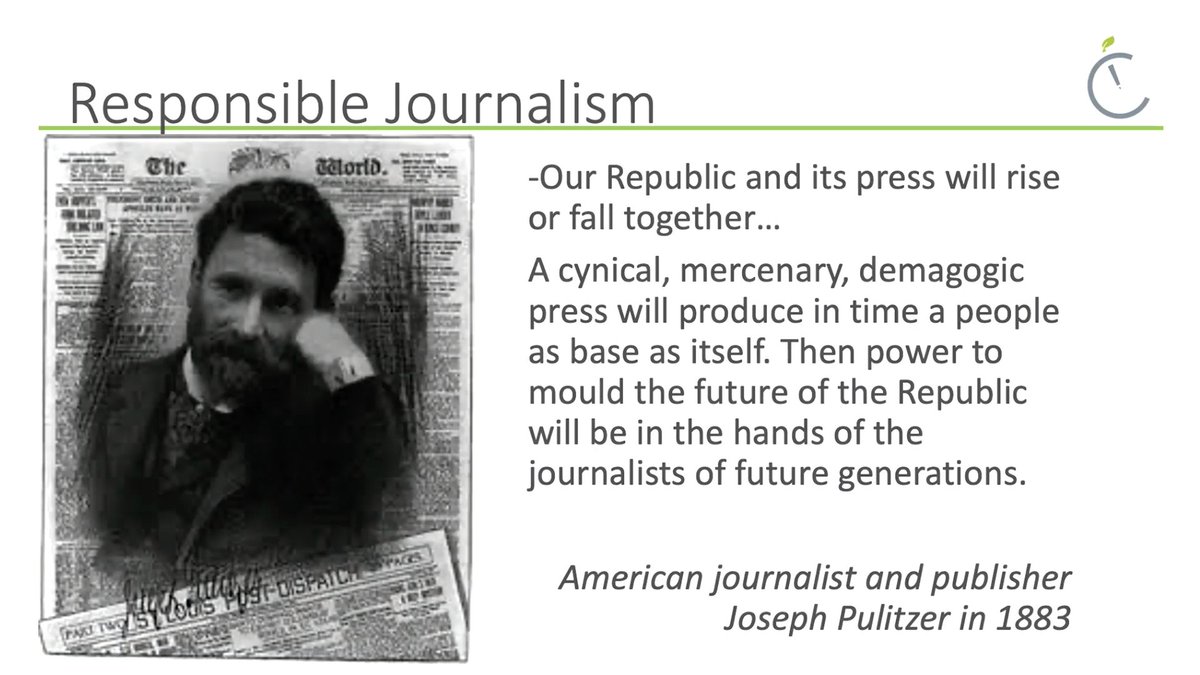
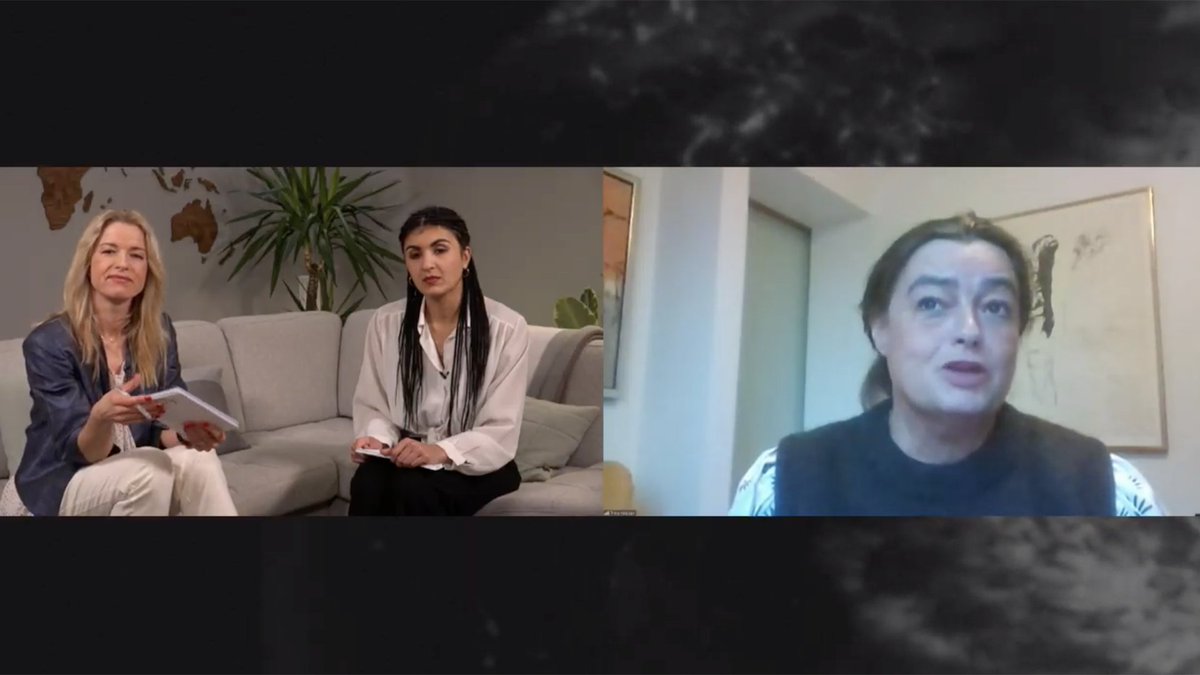
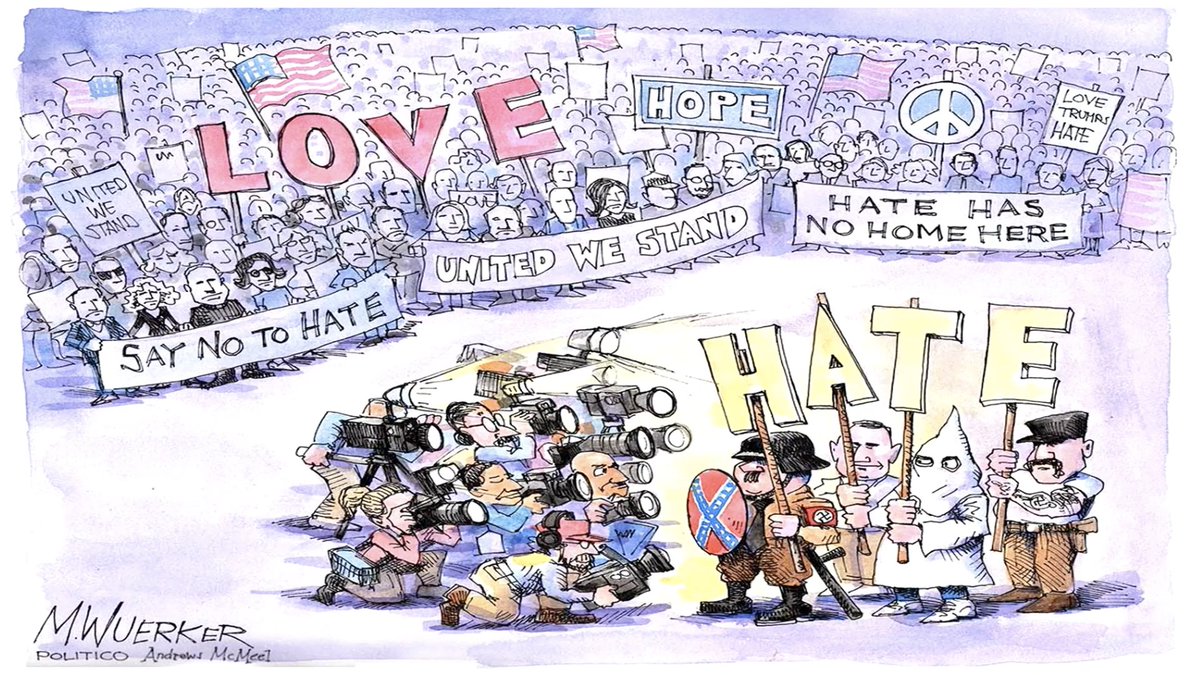
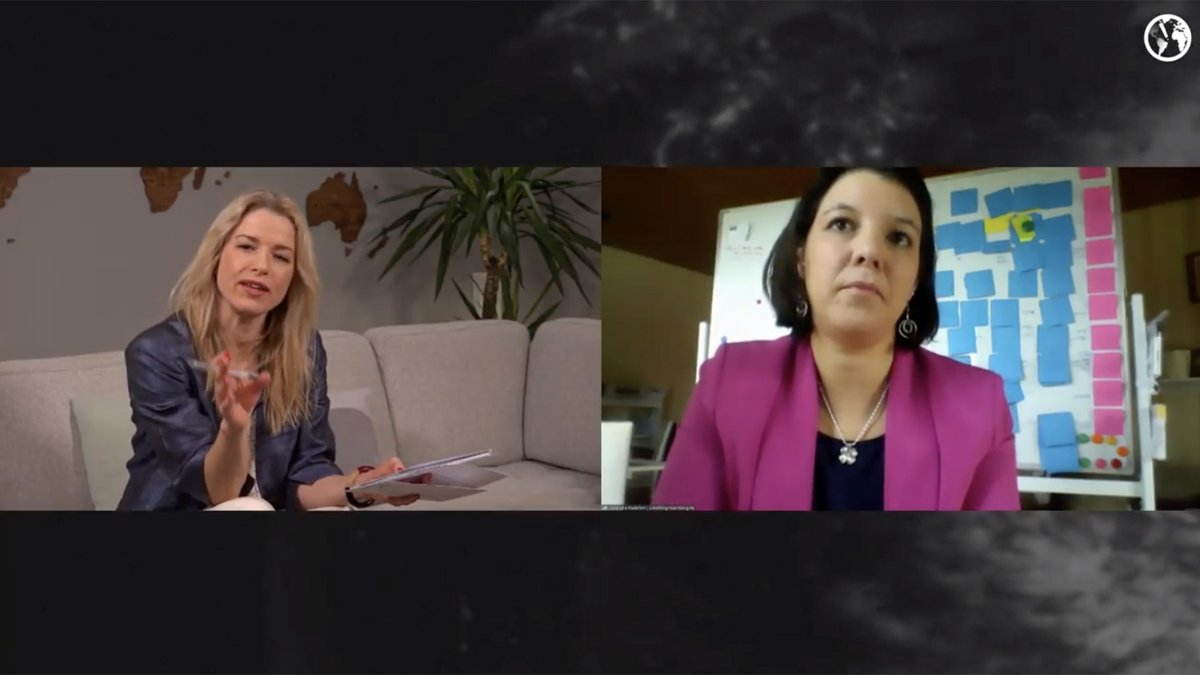
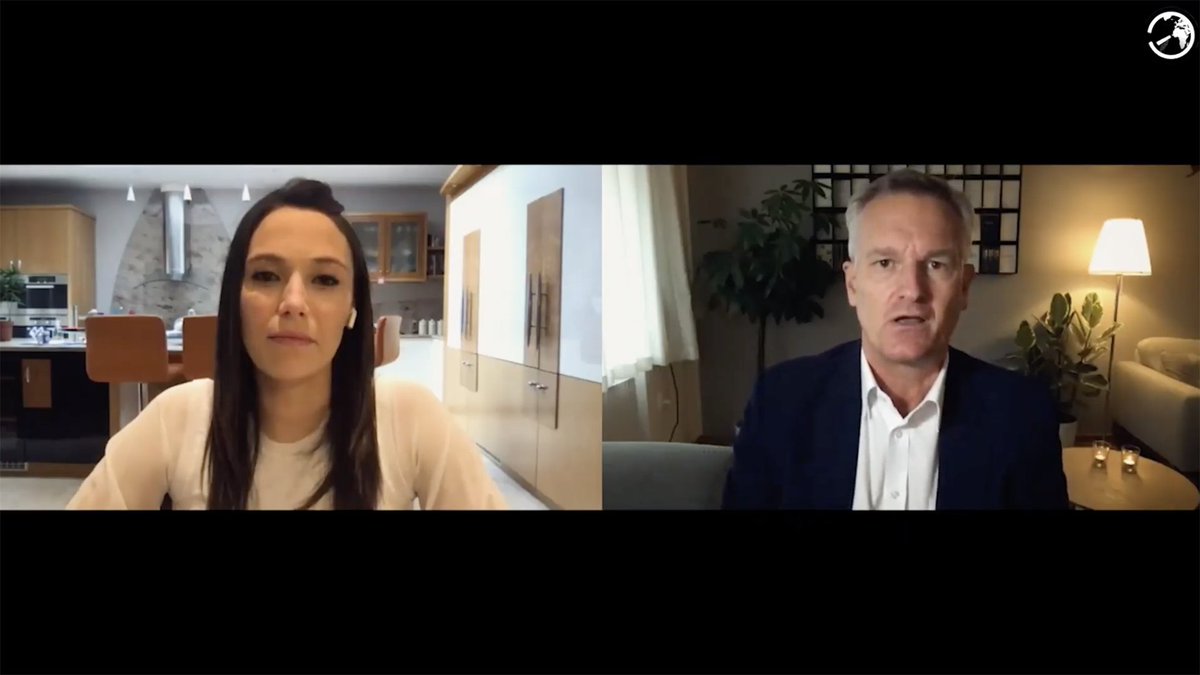
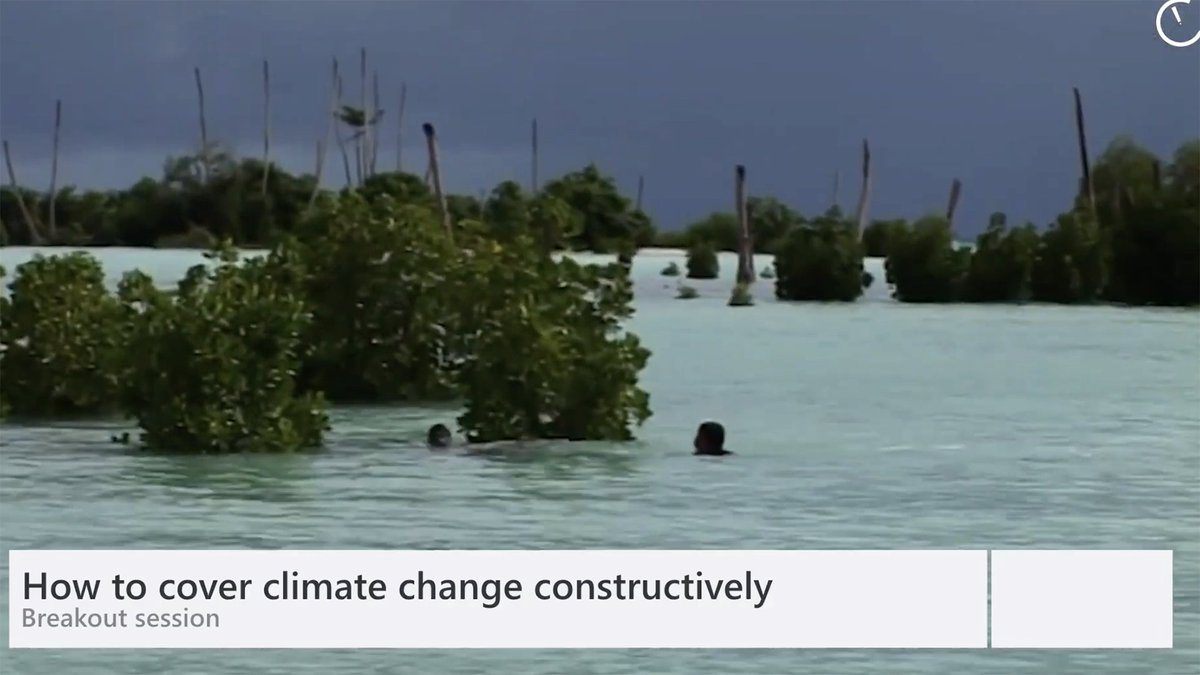
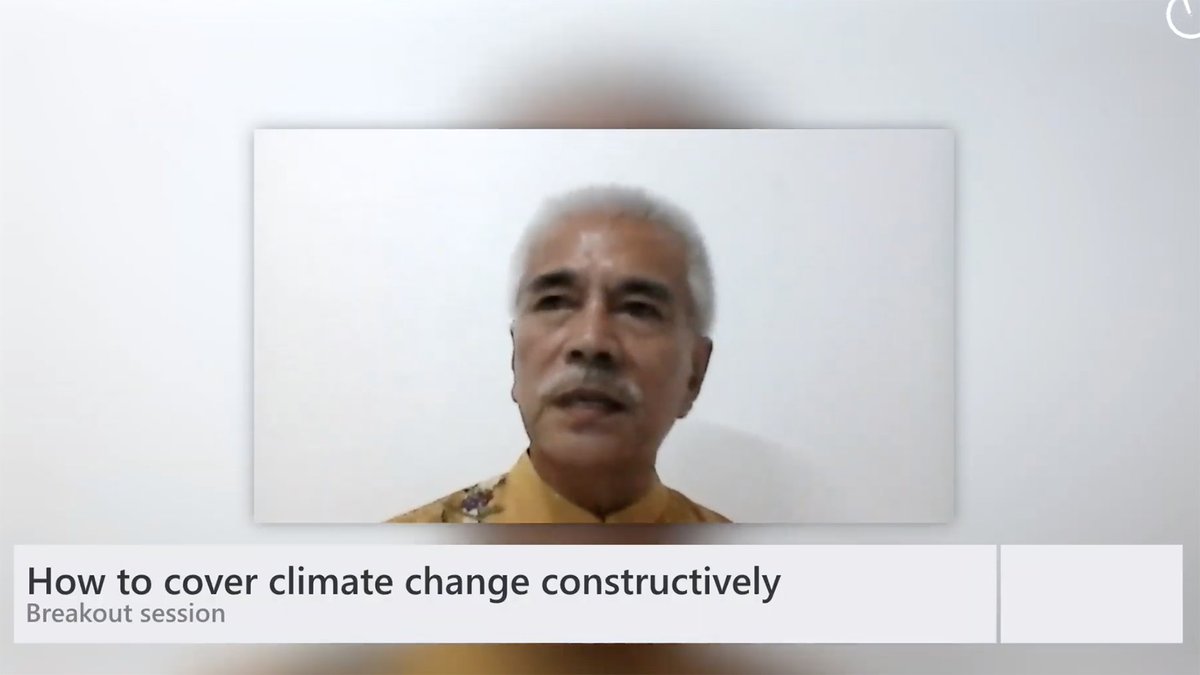
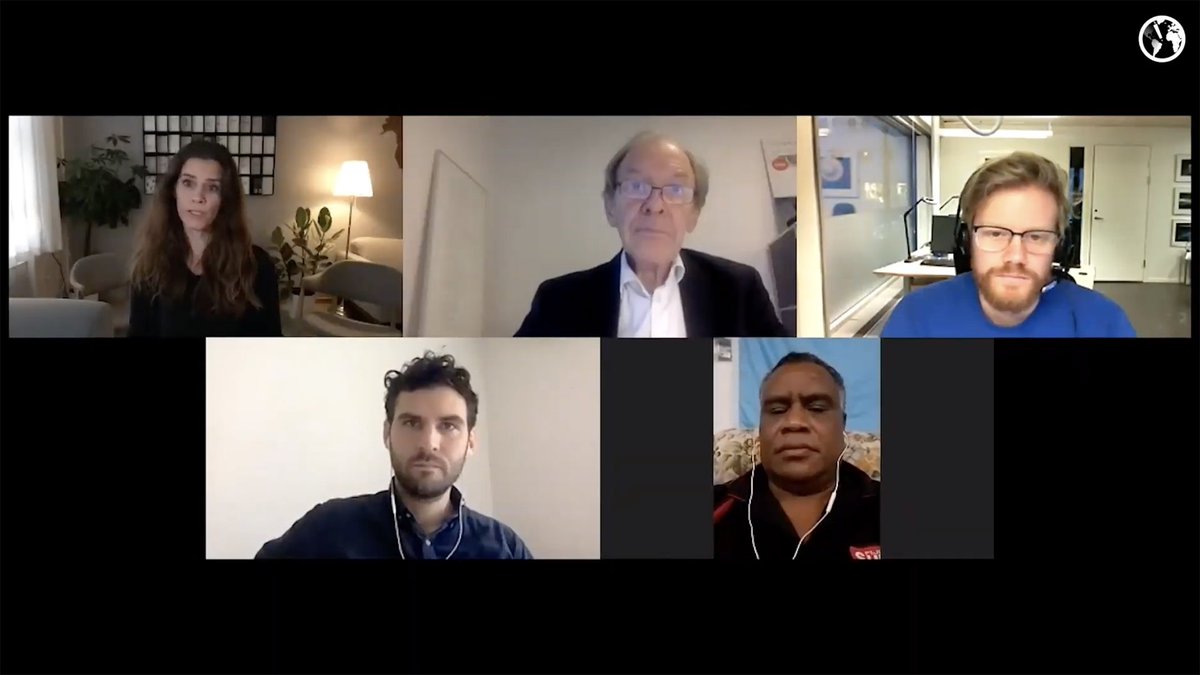
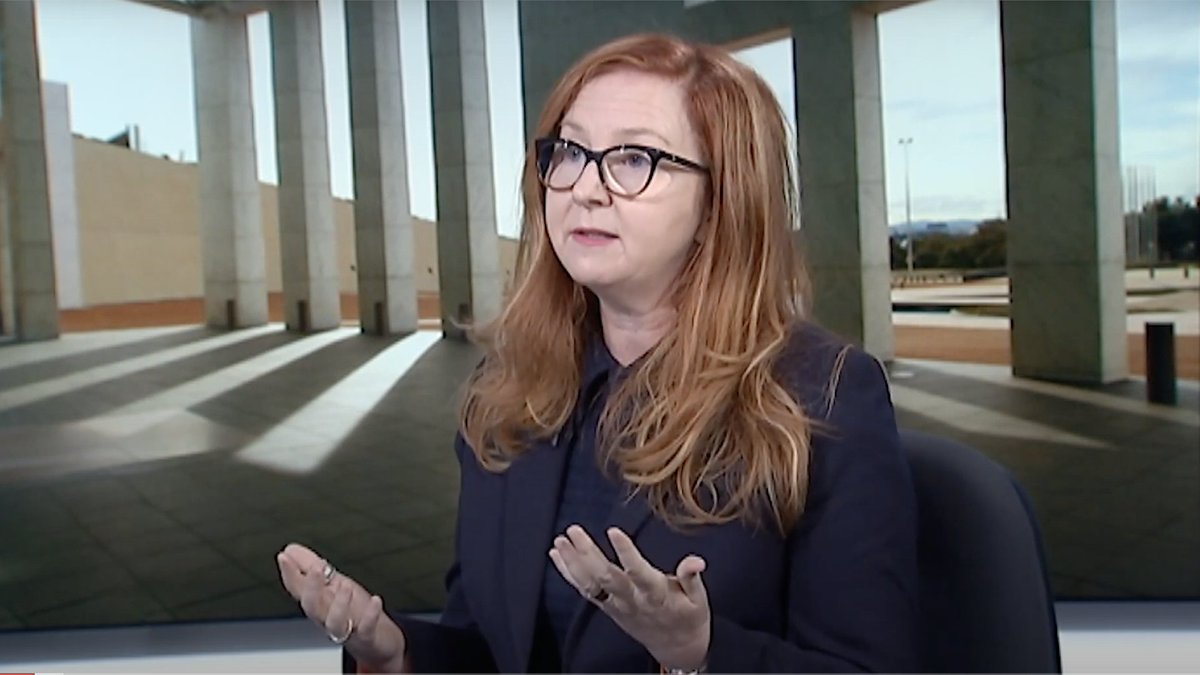


!["Our business has been profoundly disrupted," says Katharine Murphy, "[we] have literally been upended in a short space of time journalism is a vocation, not a job""Very complex", "profound" changes have happened with the advent of the internet." "Our business has been profoundly disrupted," says Katharine Murphy, "[we] have literally been upended in a short space of time journalism is a vocation, not a job""Very complex", "profound" changes have happened with the advent of the internet."](https://pbs.twimg.com/media/Epq-CTQU8AI064r.jpg)
